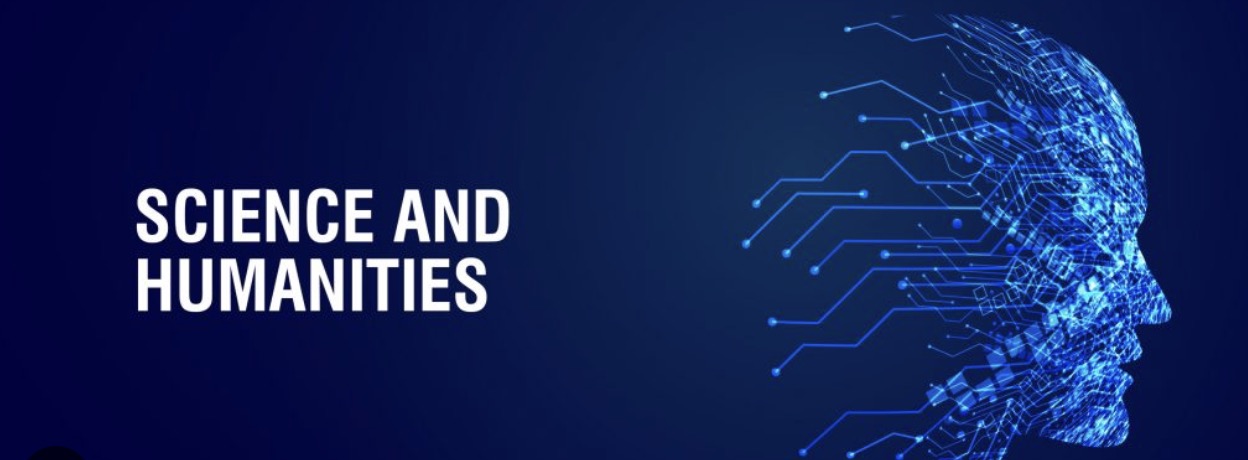This reflection addresses the perceived divide between scientific and humanistic knowledge and argues against the notion that these fields are fundamentally opposed. The text suggests that both the humanities and the sciences are creations of the human mind and, as such, require a blend of technical expertise and abstract thinking.
The classical scholar is portrayed as seeing scientific knowledge as a mere collection of technical facts, irrelevant to cultural formation. Conversely, the scientist might regard anything outside his discipline as unprovable or unfalsifiable fantasy, and thus irrelevant to understanding the world. But true understanding, the text argues, lies in recognising the value of both scientific and humanistic approaches.
The beauty of knowledge, whether in the theory of relativity, quantum field theory, the philology of Dante, moral philosophy or structural anthropology, is accessible through both scientific and humanistic lenses. Each discipline, whatever its nature, is seen as requiring a journey of learning and understanding, akin to climbing a spiral staircase. This metaphor suggests that as one gains knowledge, one’s perspective shifts, offering a fuller understanding at each turn.
Examples from mathematics (polynomials) and history show how understanding evolves over time and with education.
The text emphasises that true learning is not just the accumulation of facts, but the development of a deeper, more nuanced understanding of subjects over time.
Finally, the play highlights the importance of interdisciplinary appreciation and understanding. It suggests that narrowing our focus to only one type of knowledge limits our overall understanding of the world. The true essence of learning lies in the ability to integrate and appreciate the diverse forms of human thought and inquiry.

 Follow
Follow